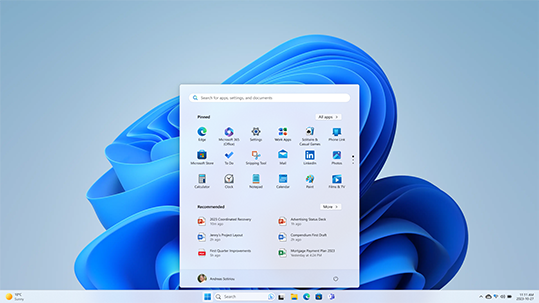In the realm of software activation, where the boundaries between legality and piracy blur, Microsoft Toolkit Activator emerges as a controversial yet widely used tool. To comprehend its significance, one must delve into its mechanisms, implications, and the broader context of software activation. At its core, Microsoft Toolkit Activator is a software package designed to bypass the standard activation process for Microsoft products, primarily Windows and Office suites. It functions by exploiting vulnerabilities or weaknesses in the activation protocols, enabling users to activate their software without a valid license key. This approach raises ethical concerns as it undermines the revenue model of software developers and violates intellectual property rights. However, understanding the widespread adoption of such tools requires a nuanced perspective. For many users, particularly in regions with limited access to licensed software or financial constraints, Microsoft Toolkit Activator represents a means of accessing essential tools for work, education, or personal use. This perspective underscores the socioeconomic factors that drive the proliferation of software piracy.

From a technical standpoint, Microsoft Toolkit Activator operates through various methods, including key management services KMS activation and token-based activation. KMS activation involves emulating a Key Management Server, allowing multiple clients to activate Microsoft products using a single centralized server. Token-based activation, on the other hand, involves modifying system files to inject a counterfeit activation token, tricking the software into believing it has been legitimately activated. Despite its functionality, the use of Microsoft Toolkit Activator carries significant risks. Apart from the legal implications of piracy, there is the inherent danger of malware and security vulnerabilities. Since activators often require administrative privileges to modify system files, they can serve as vectors for malware infection, potentially compromising the user’s system security and privacy. Moreover, the reliance on unofficial sources for software activation exposes users to the risk of counterfeit or tampered software, further exacerbating security concerns. From Microsoft’s perspective, combating software piracy remains a priority.
Through initiatives like Genuine Microsoft Software and Windows Genuine Advantage, the company seeks to incentivize users to acquire legitimate licenses while implementing technical measures to thwart activation exploits. This ongoing cat-and-mouse game between software developers and pirates underscores the evolving nature of software protection mechanisms. Despite the risks and ethical considerations, the allure of Microsoft Toolkit Activator persists, driven by a combination of factors including accessibility, affordability, and the perceived inequities in software distribution. Addressing the root causes of software piracy requires a multifaceted approach, encompassing education, enforcement, and initiatives to improve access to affordable software solutions. The microsoft toolkit activator free download occupies a contentious position in the realm of software activation, serving as both a tool of convenience for some and a symbol of piracy for others. Its existence underscores the complex interplay between technological innovation, socioeconomic factors, and ethical considerations in the digital age. As the software landscape continues to evolve, finding a balance between accessibility, security, and intellectual property rights remains an ongoing challenge for both developers and users alike.

